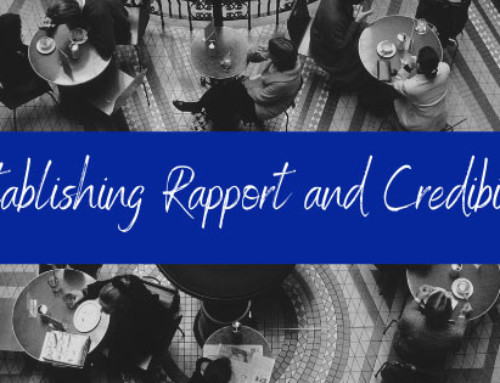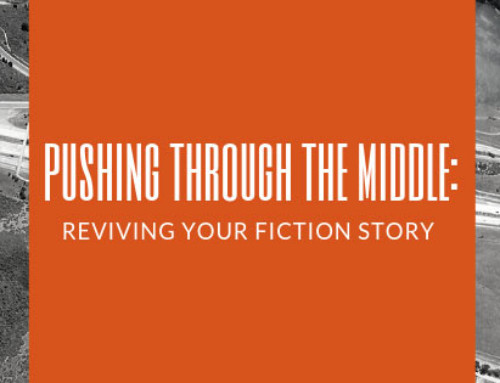Writers often face varying levels of perfectionism, writing anxiety, and even imposter syndrome when working on their books. What many don’t realize is that these traits can create a lot of trouble for writers. Perfectionism can stir up feelings of not deserving earned successes (imposter syndrome), and, if not addressed in time, these thoughts can turn into anxious feelings about writing.
The Perfectionist Writer
Perfectionism is rooted in the fear of failure, which can keep writers from finishing their book. Perfectionists are inclined to view life as one endless tally of accomplishments and failures. They often will avoid situations they think they will not excel at—writing a book, for example—and will fixate on situations where they messed up. What does this mean for perfectionist writers? They have an uphill battle ahead of them against procrastination. If a perfectionist cannot obtain a self-scored 10 out of 10 in their writing, they may not write at all. Being mindful of perfectionist habits can help you correct your course in the moment.
The Lucky Writer
Imposter syndrome is essentially a pattern of behavior, affecting both men and women equally, that causes people to doubt their accomplishments or chalk them up as luck or good timing. This mode of thought often leaves people living in constant fear of being exposed as a fraud. Perfectionists, those who have a fear of failure, or people who tend to undermine their achievements are more prone to feeling like imposters.
What does this mean for writers who feel undeserving of their success? Imposter syndrome may limit a writers’ confidence to tell others they wrote a book, to query literary agents and publishers, and may even hold them back from publishing their book entirely. To overcome feeling like an imposter, remind yourself that you are capable and worthy of success.
The Anxious Writer
Writing anxiety is often situational and best described as a pessimistic or apprehensive approach to one’s writing. When comfortable with a particular topic, a writer may not feel anxious. If writing about a particular topic pushes a person outside their comfort zone, however, this may lead to anxious feelings about writing. Often, writers who feel anxious about their work will worry about every single word and sentence they put on paper. They will write, and rewrite, and revise without adding to their word count. Often rooted in the desire to have others think highly of their work, anxious writers may focus too heavily on what others think of their writing. To overcome feelings of anxiety when writing, don’t worry about what others might think of your book or if anyone will want to read it. Instead, remind yourself that you like what you are writing and at this moment, your opinion is the only one that matters.
Growing Beyond Your Current State
When it comes to perfectionism, imposter syndrome, and writing anxiety, retraining the way we approach writing is important. Our minds are pliant, which means we have the capability to change how we think and ultimately can rewire our brains. But how do we begin to form healthier habits? Overall, perfectionists, self-professed imposters, and anxiety-ridden writers can all benefit from the tips below:
Brain Dump
Take out a blank sheet of paper and write down anything and everything that’s in your head before you turn to your manuscript. Flush out negative self-talk and doubts during this practice. Remind yourself that your work matters and your writing is good. Clear your mind of self-imposed roadblocks to free yourself up to think creatively again.
Take a Break
When frustrated, it’s best to step away from your work and take a walk. Notice the imperfection that appears in nature and remind yourself that you aren’t meant to be perfect either. Speak words of encouragement to yourself. And allow the sunshine on your face and the breeze through your hair to soothe you.
Edit Later
Nothing stifles creativity like critiquing and editing your work. Whether you are a perfectionist, feel like an imposter or are anxiety-ridden about your writing, turn off the side of your brain that wants to edit every word as you type. It’s counterproductive to use allotted writing time to edit, so don’t scroll back to previous pages and reread your work. Only read the paragraph you left off at in order to refresh your memory and connect your thoughts.
Celebrate Small Successes
Writing a book takes time, and there are a lot of small successes on the route to a finished manuscript that also need to be celebrated. When you finish writing a difficult paragraph—celebrate. Once you finish writing a chapter—celebrate. If you hit 10,000 words—celebrate. Every small success puts you closer to your writing goal.
Embrace the Garbage
The first draft is never going to be perfect or ready to be published as soon as it’s finished. Your first draft is the bones of your story, and each revision process creates a more complete body of work. Remind yourself that every single writer—New York Times’ bestselling authors included—produces a horrible first draft every time they write a book.
Talk about Your Fears
It doesn’t matter who your confidant is, find someone you can share your fears with; talking about them helps you not only process them but also identify ways to move beyond them.
Acknowledge Accomplishments
When you’re feeling down on your writing or your capabilities, make a list of your accomplishments for a few minutes. This act will remind you of all you’ve been able to accomplish with a little hard work and passion.
Share with Others
One of the best ways to move away from perfectionism, imposter syndrome, and anxiety is to share your writing and receive ongoing feedback. Whether you choose to publish your writing through a personal blog or email chapters to friends, allowing others the opportunity to continually interact with your writing and deliver words of support will help boost your confidence.
Slow Your Roll
When you sit down to write, don’t think about whether you want to self-publish or find an agent, where you want to see your work published, or how many people might read your work. Focus on what’s in front of you—your writing goal for the day. Overthinking will only lead to undue stress.
Break It Down
Think about your project in small chunks: create an outline, do your research, write your first page, write 1,000 words, write one chapter, etc. This will reduce anxiety about your overall project.
Remember, It’s Complex
At the end of the day, writing is a complex art form. It can’t be rushed, it’s not a comparison game, and you aren’t late to the race simply because others have published ahead of you. Recognize the writing process for what it is—a constant exploration of finding your voice and honing your skills.
Take one step forward today to overcome perfectionism or your feelings of not earning your accomplishments. Which piece of advice from above will be easiest for you to adopt into your writing practice?














Leave A Comment